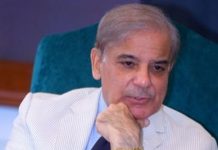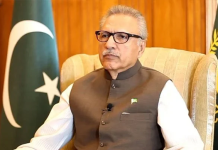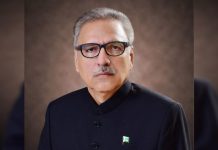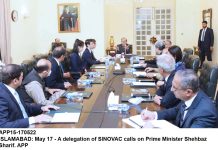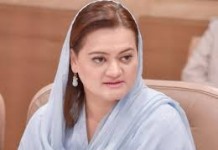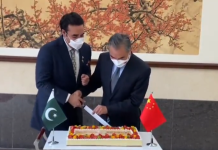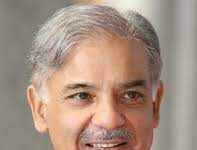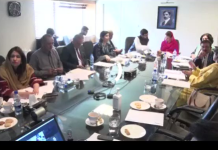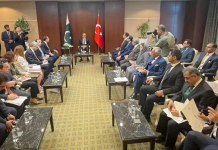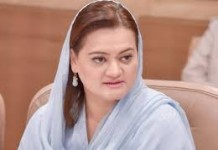ISLAMABAD: Benazir Income Support Programme Chairwoman Marvi Memon on Wednesday said that the BISP along with DFID is serving the poorest of the poor in Pakistan.
A delegation of British lawmakers consisting of Rehman Chisti, Nigel Huddleston, Mark Pawsey, Henry Smith, Matthew Offord and Royston Smith visited BISP headquarters. The delegation is on visit to Pakistan to strengthen Pak-UK relations and to upscale existing cooperation.
Marvi welcomed the British parliamentarians to BISP. She said that Pak-UK share a long history of cordial relations and it is an honour to receive British parliamentarians at BISP. BISP together with its development partners, including DFID is serving the poorest of the poor in Pakistan. BISP is highway to the poor and this platform is open to everyone for use in initiatives aimed at welfare of the poor. The delegates congratulated Chairperson BISP on winning prestigious British Speaker’s Democracy Award for rendering invaluable services for democracy and social change.
The delegates were briefed on the achievements and impact of BISP. Both the sides had a detailed discussion on scope and operations of BISP.
Chishti praised the magnanimous approach taken by the incumbent government to continue the programme initiated by the previous government. He added that societies are judged by the way they care for its poor. The BISP is a commendable programme for the welfare of the poor and DFID is proud to support the most vulnerable and marginalized people of Pakistan.
In response to Henry Smith’s query regarding possible increase of number of beneficiaries after completion of new survey and census, she said that poverty calculations would be made in August after receiving results of pilot phase of NSER. As security situation has improved, this ongoing survey would register each and every household, cover all far flung areas and no one would be left out.
Nigel Huddleson said the UK parliamentarians take keen interest in BISP and it is good to see UK aid being used for the most deserving and downtrodden. Marvi said that DFID is supporting Pakistan for the last five years and this support would continue till 2020. DFID’s support in Waseela-e-Taleem and National Socio-Economic Registry (NSER) is very important for the success of the premier social safety net.
Mark Pawsey expressed his interest in knowing the rationale behind giving BISP stipend to female head of family. The delegation was informed that selection of female heads for financial assistance by the BISP has brought them on the forefront, raised status of women manifold, given them democratic and political rights and resulted in improved nutritive status of children. Nigel Huddleson seconded the reason that women are chosen for the assistance because they spend the stipend on their children and food primarily.
To Rayston Smith’s question on political ownership of BISP by different political parties, Marvi said that there is no disagreement on BISP as every political party acknowledges BISP’s contribution to the welfare of the poor.
The British delegates interacted with the BISP beneficiaries. The beneficiaries appreciated the role BISP has played in bringing betterment in their lives. The success story of Sumaira Bibi from Rawalpindi who was present on the occasion was narrated to the delegates. Marvi apprised the delegates that the BISP has compiled real stories of beneficiaries from all across the country in native language, Urdu and English. The book would soon be available online, in print and in audio.
The British MPs thanked the BISP chairwoman for the warm welcome and hospitality. Chishti said the delegation had very high profile meetings in the last couple of days but it was refreshing to visit a department like BISP that is working for the poor.
Later, she held a meeting with representatives of World Bank, Oxfam, Aurat Foundation, Rural Support Programme Network, Community Uplift Programme and Nestle.



